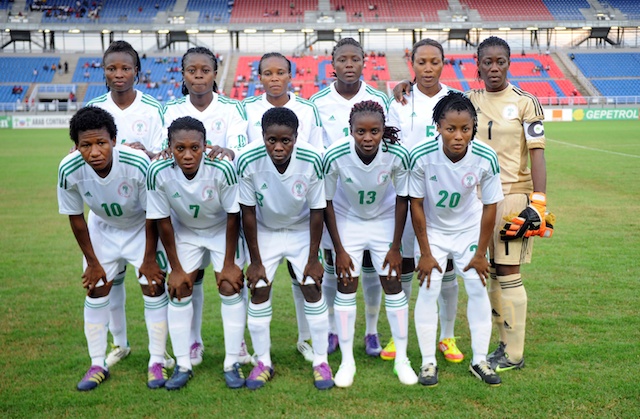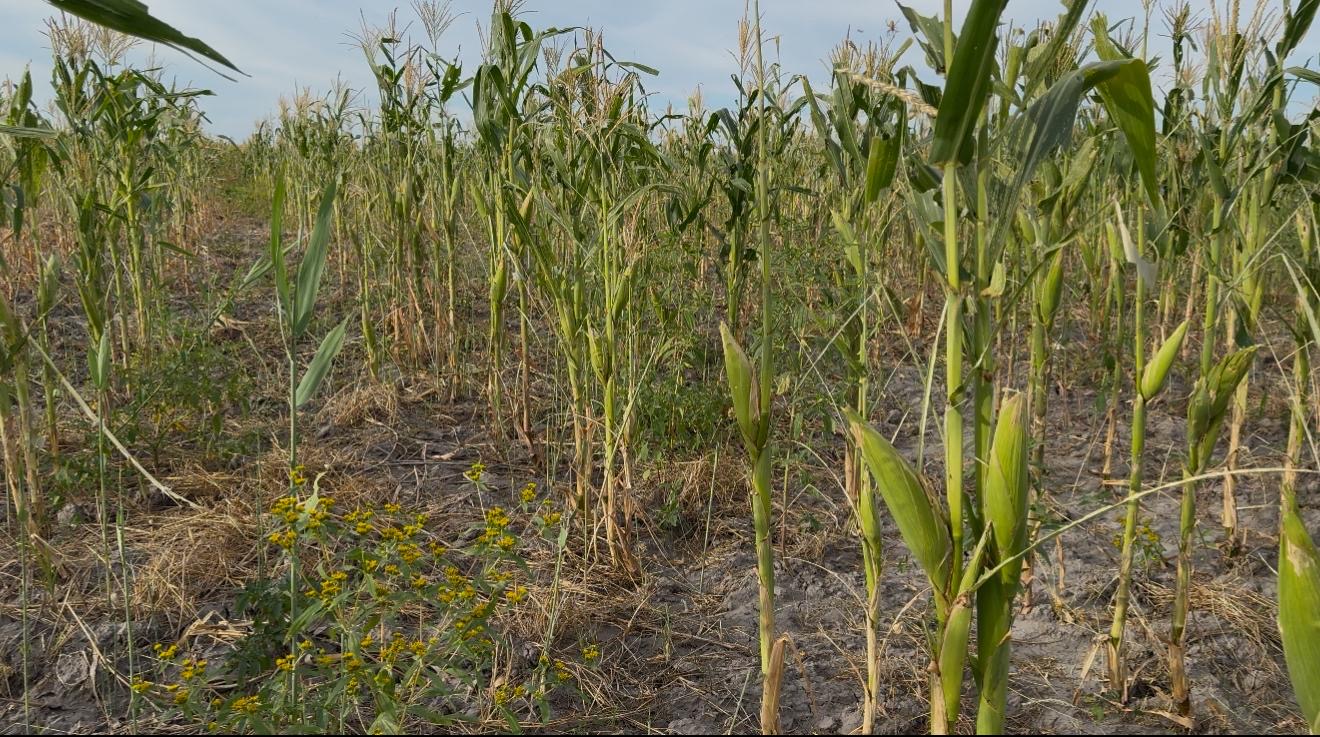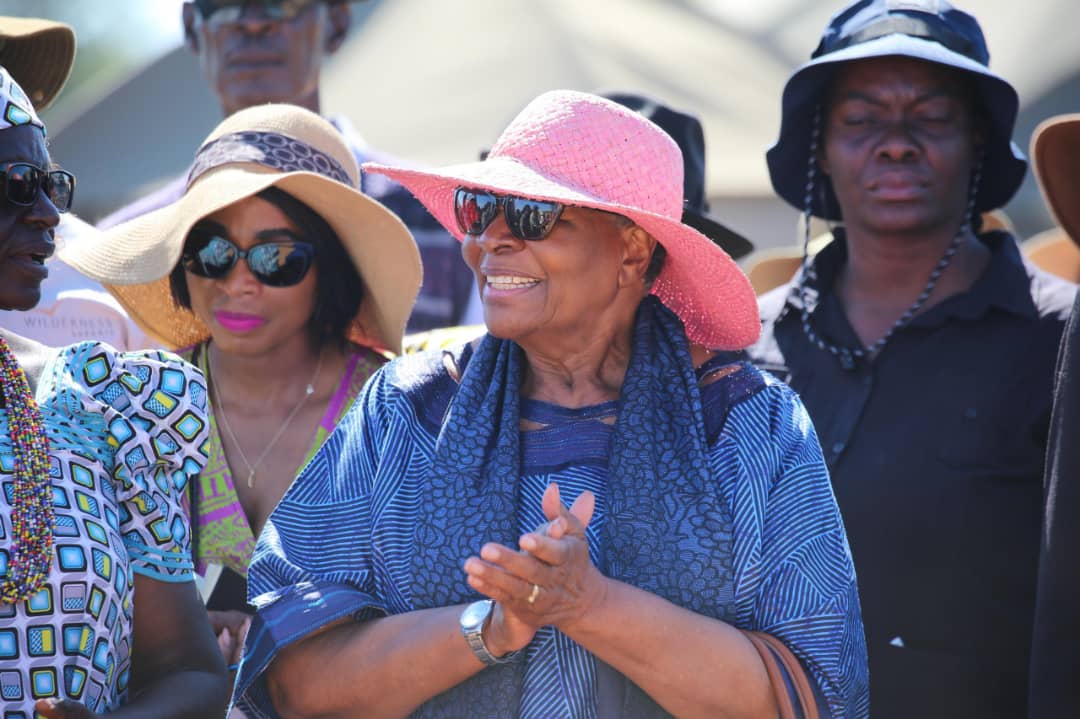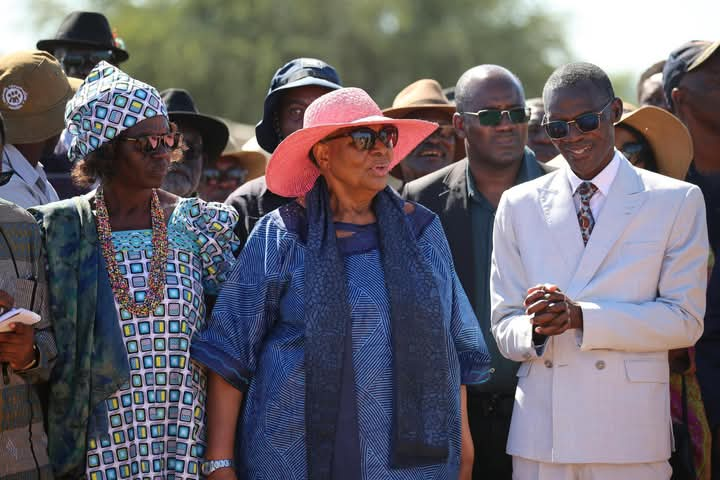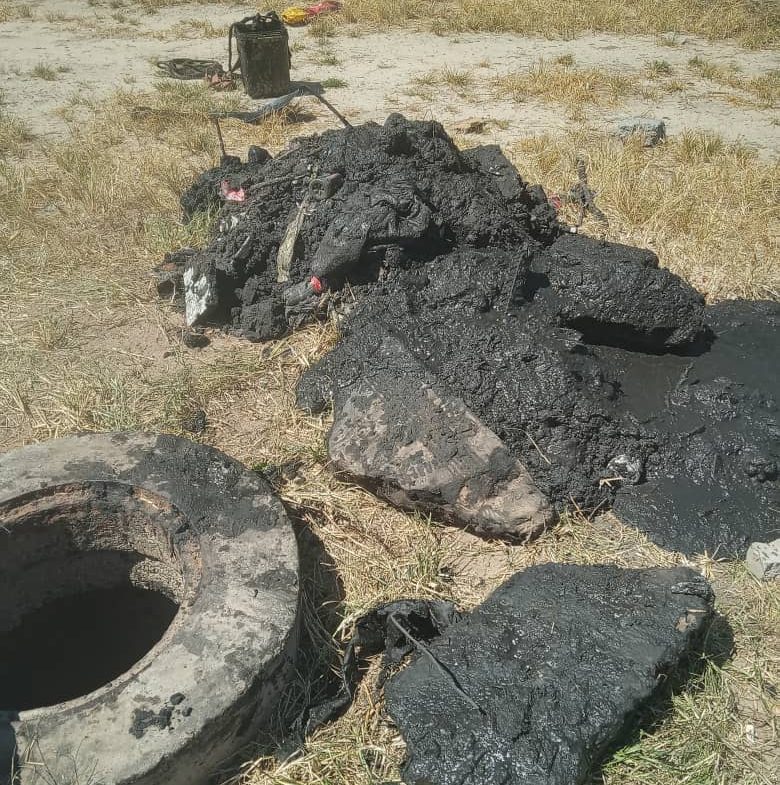Nigeria’s Super Falcons are by far the most successful team in the history of the African Women Championships and will once again be a firm favourite for this year’s event.
Since the AWC started in 1991, Nigeria have won the title a record 8 out of 10 times. They won the first seven tournaments in a row, in 1991, 1995, 1998, 2000, 2002, 2004 and 2006, before Equatorial Guinea won it for the first time in 2008, when Nigeria came third. Nigeria won the title for the eighth time in 2010, while Equatorial Guinea won it for the second time in 2012, when Nigeria came fourth.
Nigeria easily won the first two tournaments which consisted of two-legged finals, beating Cameroon 6-0 on aggregate in 1991 and South Africa 11-2 on aggregate in 1995.
In 1998 Nigeria hosted the tournament and beat Cameroon 2-0 in the final in front of 30 000 fans and two years later they won the title in controversial fashion in South Africa. Playing against the hosts in the final, Nigeria were leading 2-0 when the match had to be abandoned after 73 minutes due to crowd trouble, after supporters hurled bottles and other debris at the Nigerian players and officials.
Nigeria once again hosted the tournament in 2002 and had little trouble in retaining the title as they beat Ghana 2-0 in the final.
In 2004, South Africa hosted the tournament for the second time, but it was the Super Falcons who triumphed as they thrashed Cameroon 5-0 in the final.
Midfielder Perpetua Nkwocha set a tournament record by scoring nine goals, of which four came in the final, while she also won the Player of the Tournament award.
Nkwocha was once again the top scorer in 2006 when she scored seven goals and helped Nigeria lift the trophy for the seventh time when they beat Ghana 1-0 in the final on home ground at the Warri Stadium.
Nigeria’s record run was finally broken in 2008 when they failed to reach the final for the first time, losing 1-0 to Equatorial Guinea in the semifinals.
Equatorial Guinea went on to win the title, while Nigeria finished third after beating Cameroon on penalties.
In 2010, Nigeria were back to their best with the amazing Nkwocha leading the way with a new tournament record of 11 goals. She scored hattricks against Mali and Cameroon and helped Nigeria avenge their defeat against Equatorial Guinea two years earlier when they beat them 4-2 in the final to regain the title.
Nigeria however disappointed in 2012 when they could only finish fourth in Equatorial Guinea. They lost 1-0 to South Africa in the semifinals before losing 1-0 to Cameroon in the third place playoff.
Nigeria is also Africa’s most successful nation at international level, having qualified for six FIFA Women’s World Cup finals.
They made their debut in 1991, while their first victories came against North Korea and Denmark in 1999 when they reached the quarterfinals, where they lost 4-3 to Brazil.
Since then they have been to three more finals in 2003, 2007 and 2011, but recorded just one more victory – against Canada in 2011.
The Super Falcons easily qualified for this year’s African Women Championship after their first round opponent, Sierra Leone withdrew, and then beating Rwanda 12-1 on aggregate home and away in the second qualifying round.
They won the first leg encounter 8-0 at home, with Desiree Oparanozie scoring a hattrick and Asisat Oshoala a brace, while Oshoala scored two more goals in their 4-1 away leg victory.
Nigeria is currently ranked first in Africa and 34 in the world.
Stay informed with The Namibian – your source for credible journalism. Get in-depth reporting and opinions for
only N$85 a month. Invest in journalism, invest in democracy –
Subscribe Now!




